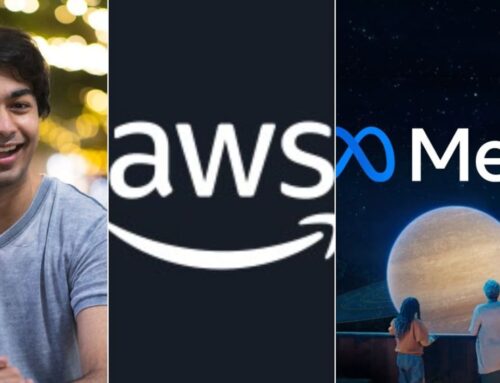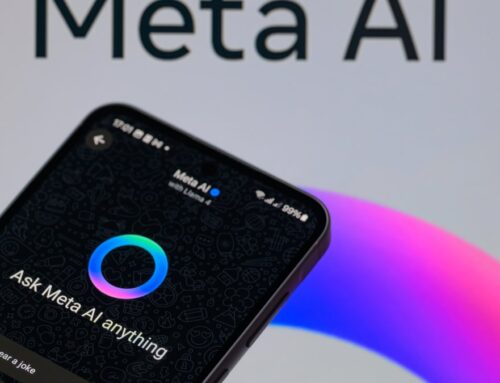Has the talent acquisition strategy failed? Meta may have adjusted its AI strategy, with p
August 30, 2025
① Reports indicate that Meta is seeking to collaborate with OpenAI or Google to inject more powerful AI capabilities into its applications. ② Zuckerberg is facing a dilemma: his in-house model has encountered setbacks, and the team he has aggressively recruited still requires time to prove itself; therefore, collaboration has become a pragmatic solution to enhance user engagement.
On August 30, the Science and Technology Innovation Board Daily reported (Editor: Zhu Ling) that Zuckerberg realizes that to build a top-tier artificial intelligence application, merely offering high salaries for talent acquisition is insufficient; the pragmatic approach lies in adopting cutting-edge AI technologies.
Earlier this month, the Science and Technology Innovation Board Daily cited analysis reports stating that Zuckerberg has ‘thrown in the towel,’ as Meta has essentially abandoned competition with ChatGPT in its core areas.

Seeking External Collaboration
The management team of Meta’s Superintelligent Laboratory has discussed adopting Google’s Gemini or OpenAI’s models to answer user inquiries within the Meta AI chatbot application and to support other AI functionalities in Meta’s social media applications. If these discussions materialize, it would mean that Meta is directly incorporating competitor technology into its core products.
In response, a Meta spokesperson stated that the company is employing a comprehensive strategy to develop leading artificial intelligence products, which includes independent research and development, collaboration with external enterprises, and the incorporation of open-source technologies.
It is noteworthy that Meta has already begun to adopt external models in its internal tools for employees. Meta’s programming assistant offers models from Anthropic and OpenAI as options, allowing employees to choose models based on their needs for collaborative work. Additionally, another internal work assistant from Meta has also integrated OpenAI’s models.
At the same time, Meta’s Chief Artificial Intelligence Officer Alexander Wang announced last week that the company has reached an agreement with AI image and video generation company Midjourney to obtain a license for its AI technology.
Mark Zuckerberg’s Dilemma
This strategy of seeking external collaboration also exposes Zuckerberg’s dilemma. Although Meta holds a significant position in the social media market, it appears anxious and passive in this new AI arena.
Earlier this year, the development of Meta’s flagship AI model ‘Behemoth’ encountered bottlenecks, leading to repeated delays in its release. Zuckerberg expressed disappointment in the performance of the team developing the Llama 4 model, believing they failed to achieve breakthroughs for ‘Behemoth.’
He made significant adjustments to the AI team, investing billions of dollars to hire former Scale AI CEO Alexander Wang and former GitHub CEO Nat Friedman to co-lead the Meta Superintelligence Lab.
Simultaneously, Meta has recruited dozens of heavyweight AI talents from companies such as Apple, Anthropic, xAI, Google, and OpenAI, attempting to close the gap with industry leaders.
Meta is developing the next-generation model Llama 5, aiming to create a product capable of directly competing with top models like OpenAI and Google Gemini. This research and development process will take time.
However, Meta AI is facing significant challenges—only about 10% of its 1 billion monthly active users use the application daily. Therefore, before Llama 5 matures, Meta must enhance the competitiveness of its existing products through temporary measures, with the introduction of external models being one of them.
Search
RECENT PRESS RELEASES
Related Post



